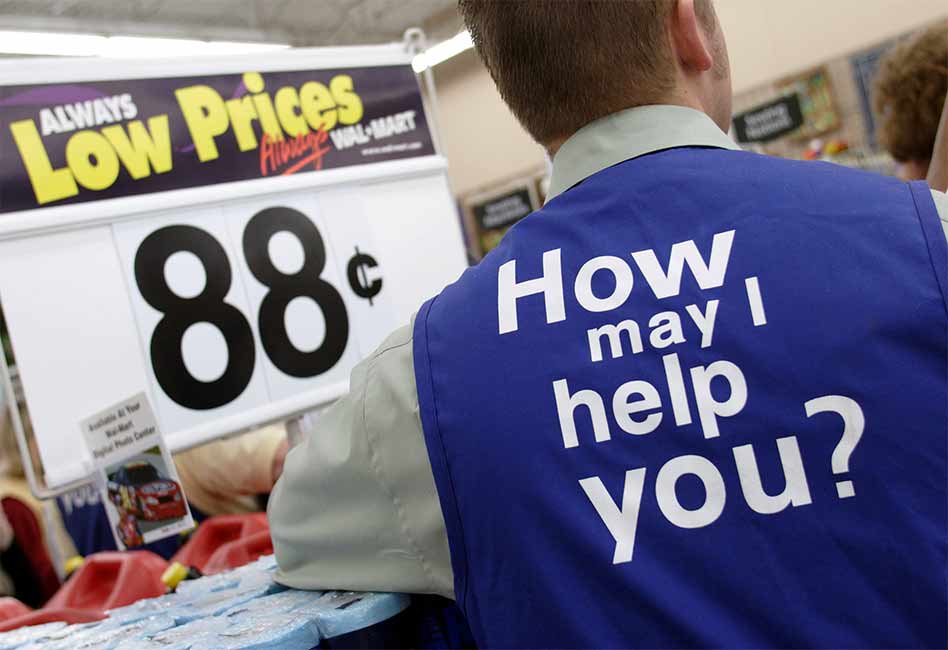Tends to.
It is also a rather skewed way of looking at that kiosk. That loss of a worker also represents gains in productivity - the lifeblood of any capitalist consumer economy.
It is exactly the same as using heavy machines to sow wheat. You could employ many more workers to plant it manually but the loss in productivity leads to massive costs that are reflected in the end product and, therefore, loss of overall wealth. Increasing productivity increases the wealth of everyone as you are producing more end product for less cost and more wealth means MORE employment, not less.
Of course, the detractors here want to pretend that the cost of that labor is not part of the equation but that is rather moronic. Obviously the cost of labor is going to make automated systems that much more likely to be installed (and has a negative impact on productivity overall) but the existence and use of automation is, in the end, a massive bonus for the economy overall.
That kiosk is an INCREAE in economic wealth, not a decrease. That will be reflected in other areas of the economy. It sucks a LOT for the worker that was there but it benefits everyone. The real question is how you phase those productivity increases in so that the discord created in specific labor markets is not overly destructive or where the breaking point is, if there is a breaking point. It has been an area of debate for a hundred years, is there a point where there simply will be no jobs for people? We are not there yet.
